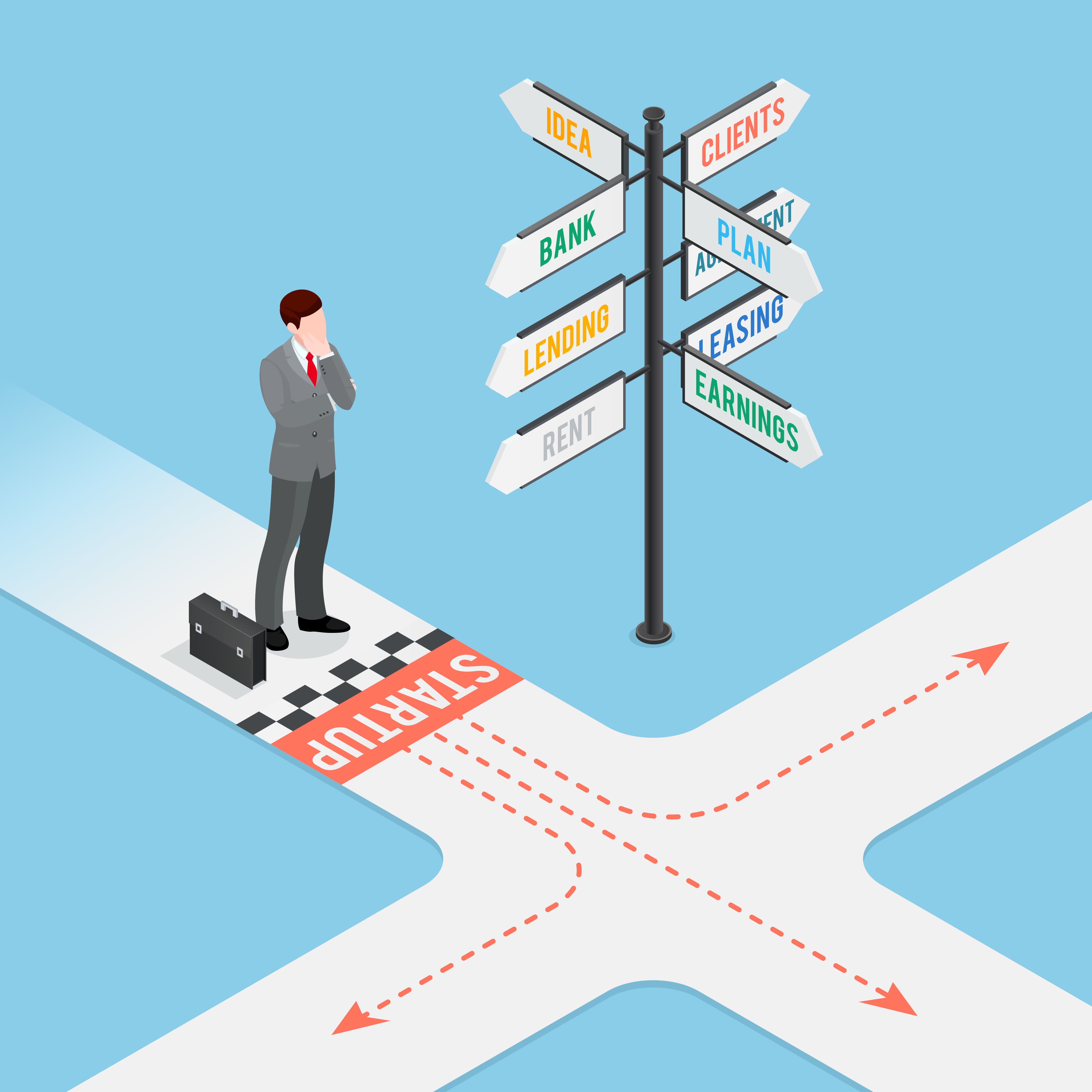Emotive Skills: How to Stay Grounded When You’re Feeling Stressed

To stay grounded when you’re feeling stressed, you need to develop your emotive skills. This means learning to notice and name your feelings without judgment and taking strategic pauses to reset your nervous system. These are not abstract concepts but practical, trainable skills that build the emotional resilience needed to navigate your career with clarity. It all starts with a deep understanding of who you are, which is the foundation for managing how you feel.
Beyond Grades and Resumes: What Are Emotive Skills?
In our education and early careers, we are trained to focus on what looks good on paper: our grades, our technical skills, our list of achievements. But what happens when you’re facing a project crisis, a difficult team dynamic, or the sheer pressure of a competitive job market in Singapore? At that moment, your academic qualifications matter less than your ability to manage the rising feeling of being overwhelmed. This is the domain of emotive skills. Think of them as your internal toolkit for handling pressure. It's not about ignoring your feelings; it's about having the awareness to understand them and the ability to respond thoughtfully instead of reacting impulsively. At LifeVitae, we believe that you are much more than your grades. Your true potential lies in your unique life experiences, and it is often within challenging "LifeMoments" that the seeds of these crucial emotive skills are planted.
Why Your Emotional Resilience is Your Greatest Career Asset
The modern workplace is a marathon, not a sprint. The pressure to constantly perform, innovate, and adapt can lead to chronic stress and burnout, derailing even the most promising careers. Developing your emotive skills is a critical part of the career guidance Singapore professionals and students need for long-term success. It’s about building the emotional stamina to not just survive the challenges but to learn and grow from them.
The High Cost of Unmanaged Stress on Your Performance
Stress isn't just a bad feeling; it’s a performance killer. When you’re overwhelmed, your brain’s ability to think creatively, solve complex problems, and communicate effectively diminishes significantly. You might make a poor decision under pressure or miss an opportunity because anxiety clouded your judgment. Investing in your emotive skills is a direct investment in the quality and consistency of your work. It ensures that you can bring your best self to the table, especially when the stakes are high.

The Human Element a Career Guide AI Can’t Replicate
Technology has given us incredible tools for professional development. A career guide AI can analyze data to suggest potential career paths and identify skills you need to acquire. However, no algorithm can teach you how to manage the disappointment of a setback or how to stay calm before a crucial presentation. Your ability to navigate your own emotional world is a profoundly human strength. While LifeVitae uses powerful AI to help you map your strengths and passions, we see it as a tool to empower your human journey. The AI provides the insights, but you are the one who uses them to build a career that is not only successful but also emotionally sustainable.
Practical Techniques to Reclaim Your Calm in a Crisis
Building emotive skills begins with having simple, actionable tools you can use the moment you feel stressed. These techniques are designed to interrupt the cycle of a stress reaction and bring you back to a place of control.
The Power of Acknowledging: "Notice and Name" Your Feelings
When a strong emotion like anxiety arises, our first instinct is often to push it away. A far more effective technique is to simply pause, notice it, and name it internally. "This is anxiety," or "I am feeling frustrated." This simple act of labeling creates a mental space between you and the emotion. It shifts your brain from a reactive mode to an observant one, which naturally calms your nervous system and reduces the feeling’s intensity.

The Strategic Pause: How to Intentionally Disengage
When your mind is racing, the best thing you can do is to strategically disengage for a few moments. This doesn't mean distracting yourself with social media. It means taking a deliberate, high-quality pause. Step away from your desk, get a glass of water, and focus only on that simple task. Or practice a simple breathing exercise: inhale slowly for four counts, hold for four, and exhale for four. This intentional break acts as a reset button for your nervous system, allowing you to return to your work with a clearer perspective.
Building Long-Term Resilience Starts with Self-Discovery
While in-the-moment techniques are vital, the ultimate goal is to build a career that aligns so well with your core self that it minimizes chronic stress in the first place. This is where a deep and honest process of self-discovery becomes the most powerful stress-management tool of all.
Connecting Your Experiences to Your Emotional Strengths
Think back to challenging times in your life—a tough project, a personal setback, or a time you had to learn something difficult. These are your "LifeMoments." How did you get through them? What did you learn about yourself? Perhaps you discovered a deep well of persistence, a knack for creative problem-solving under pressure, or an ability to connect with others for support. By reflecting on these lived experiences, you can identify the foundational emotive skills you already possess. This is the very essence of the LifeVitae process: turning your unique story into a clear map of your strengths.
How Understanding Your Path Reduces Future Stress
Much of our career stress comes from uncertainty or feeling like we are on the wrong path. When your work is misaligned with your core passions and strengths, every day can feel like an uphill battle. By using a data-driven approach to understand what truly motivates you, you can make more informed choices about your education and career. This clarity is empowering. It allows you to pursue opportunities that energize you rather than drain you, creating a professional life that is not only successful but also deeply fulfilling and resilient by design.

Your First Step Towards a Resilient, Fulfilling Career
In the end, emotive skills are the invisible foundation upon which a successful and sustainable career is built. Technical skills might get you in the door, but your ability to stay grounded, manage your internal state, and recover from setbacks is what will allow you to thrive. This is the deep, human work that makes a career meaningful. It begins not with just coping, but with understanding. Discover the core strengths and passions hidden in your life story by starting your journey with LifeVitae today.
